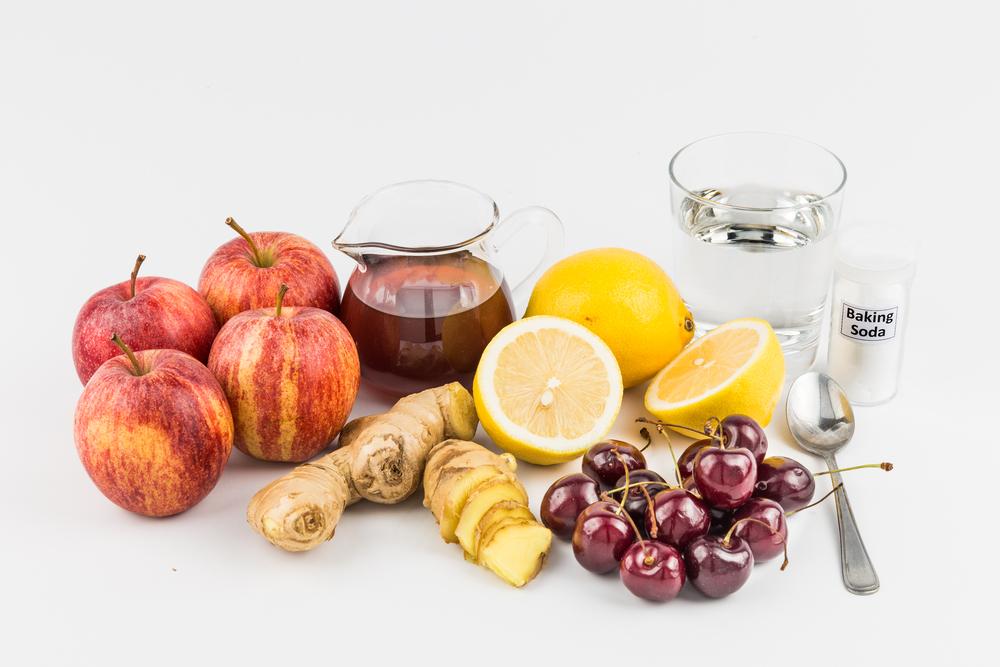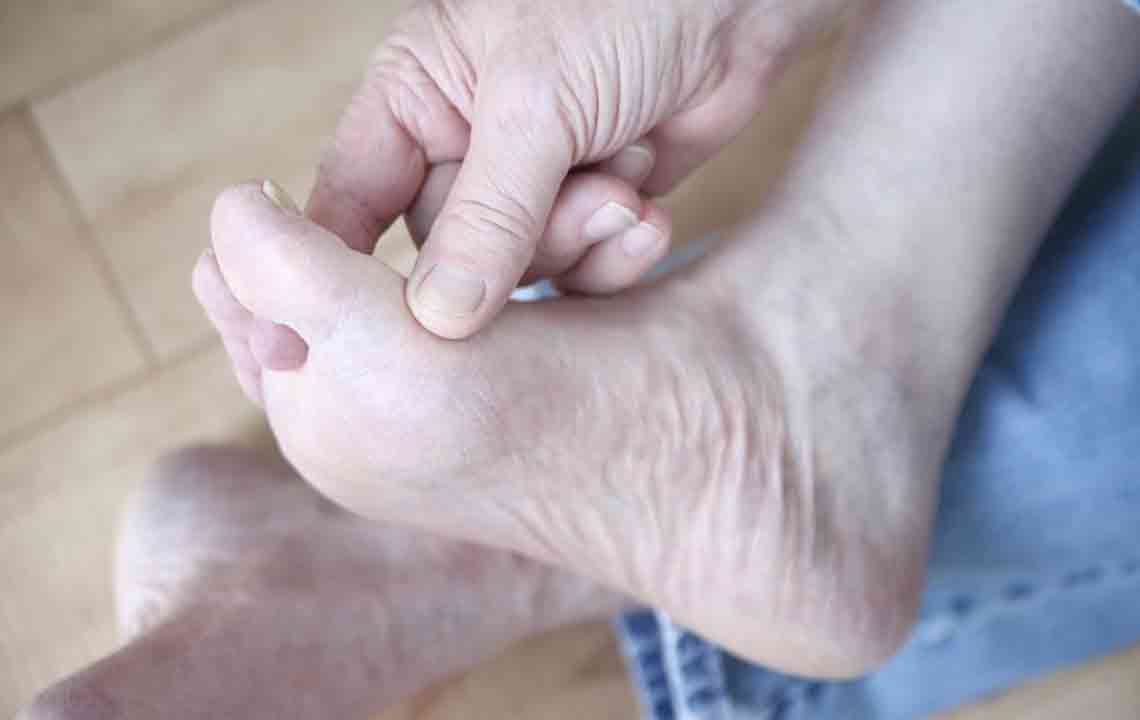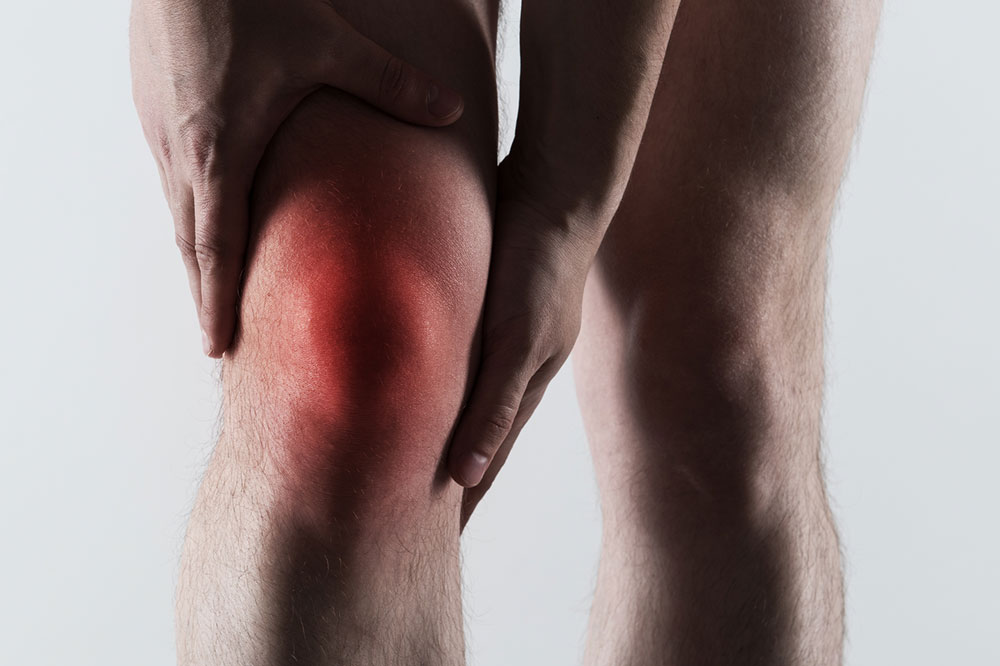Essential Guide to Top Treatments for Gout Relief
Discover effective treatments for gout, including medications like NSAIDs, colchicine, and uric acid-lowering drugs, combined with lifestyle strategies. This guide helps manage symptoms and prevent progression, especially for those with high risk factors. Proper medical care and dietary adjustments can greatly improve quality of life for gout patients.

Essential Guide to Top Treatments for Gout Relief
Gout is a form of sudden, intense arthritis characterized by red, swollen, and tender joints. The most affected joint is often the big toe, with over half of patients experiencing pain there. Other common sites include elbows, knees, fingers, and toes.
This condition results from uric acid crystal buildup in joints, occurring when the body’s waste breakdown isn't efficiently cleared by the kidneys. Elevated uric acid leads to crystal deposits that trigger inflammation and pain, potentially damaging bones over time.
Historically called the "king’s disease," gout was linked to opulent lifestyles and rich diets. It predominantly affects older men with high meat, seafood, and alcohol intake.
Gout begins with high uric acid levels in the blood, forming crystals around bones and joints that cause swelling and discomfort. Over time, this can lead to bone erosion.
Gout attacks often occur suddenly, nighttime redness, swelling, and excruciating pain lasting days or weeks. Symptoms may include fever, fatigue, and sleep disturbances. Contributing factors include diet, alcohol, and genetics.
The primary treatment approach combines effective medications with lifestyle adjustments.
Medications target inflammation, prevent recurrent attacks, and reduce uric acid levels. Common drugs include NSAIDs, colchicine, corticosteroids, and uric acid-lowering agents like allopurinol and febuxostat. Lifestyle changes—such as weight management and dietary modifications—are equally vital.
By combining proper medication and lifestyle habits, gout sufferers can significantly reduce symptoms and prevent long-term complications.
***









